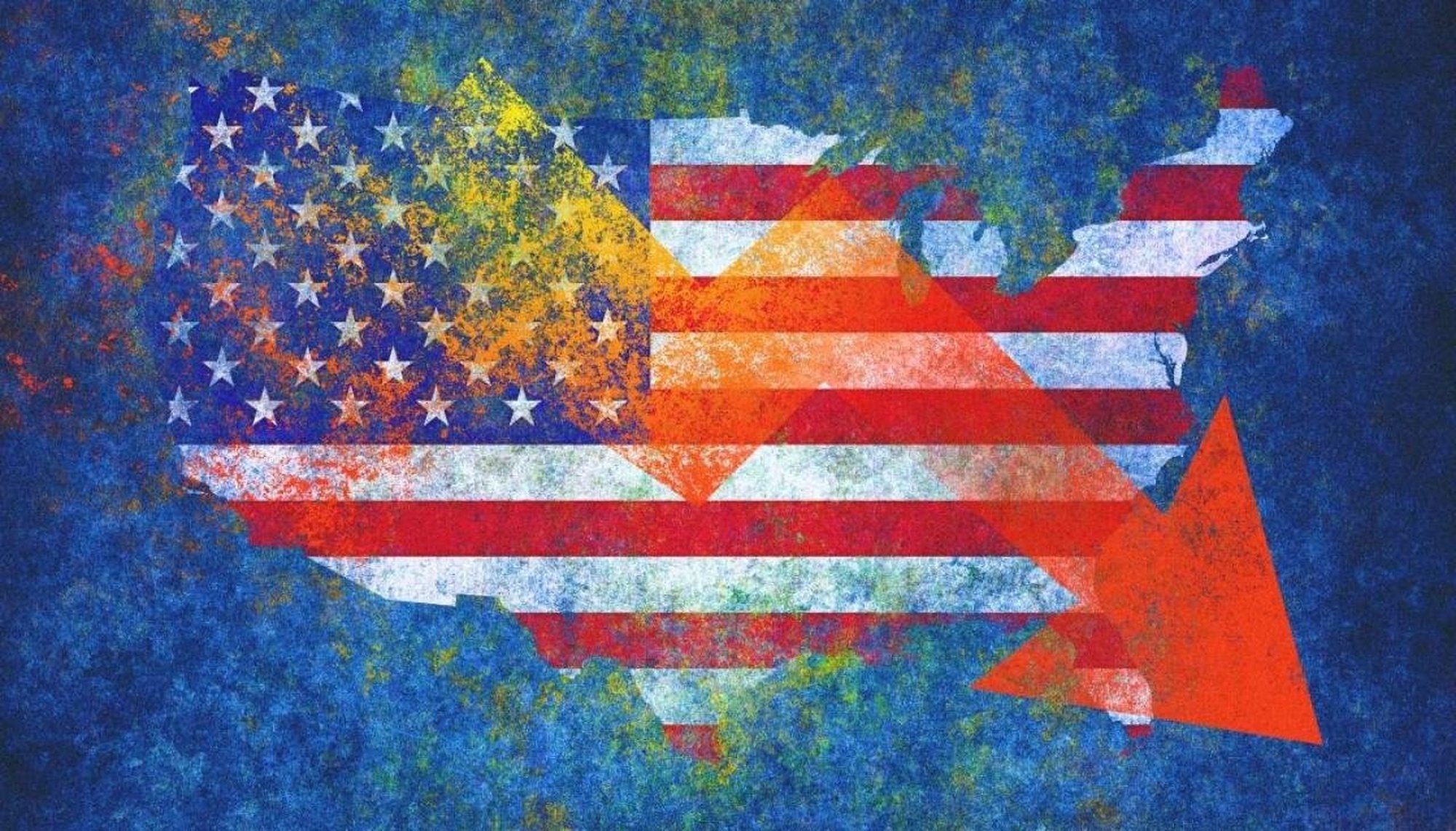OTTAWA – The Canadian economy was flat in August as high interest rates continued to weigh on consumers and businesses, while a preliminary estimate suggests it grew at an annualized rate of one per cent in the third quarter.
Statistics Canada’s gross domestic product report Thursday says growth in services-producing industries in August were offset by declines in goods-producing industries.
The manufacturing sector was the largest drag on the economy, followed by utilities, wholesale and trade and transportation and warehousing.
The report noted shutdowns at Canada’s two largest railways contributed to a decline in transportation and warehousing.
A preliminary estimate for September suggests real gross domestic product grew by 0.3 per cent.
Statistics Canada’s estimate for the third quarter is weaker than the Bank of Canada’s projection of 1.5 per cent annualized growth.
The latest economic figures suggest ongoing weakness in the Canadian economy, giving the central bank room to continue cutting interest rates.
But the size of that cut is still uncertain, with lots more data to come on inflation and the economy before the Bank of Canada’s next rate decision on Dec. 11.
“We don’t think this will ring any alarm bells for the (Bank of Canada) but it puts more emphasis on their fears around a weakening economy,” TD economist Marc Ercolao wrote.
The central bank has acknowledged repeatedly the economy is weak and that growth needs to pick back up.
Last week, the Bank of Canada delivered a half-percentage point interest rate cut in response to inflation returning to its two per cent target.
Governor Tiff Macklem wouldn’t say whether the central bank will follow up with another jumbo cut in December and instead said the central bank will take interest rate decisions one a time based on incoming economic data.
The central bank is expecting economic growth to rebound next year as rate cuts filter through the economy.
This report by The Canadian Press was first published Oct. 31, 2024

































